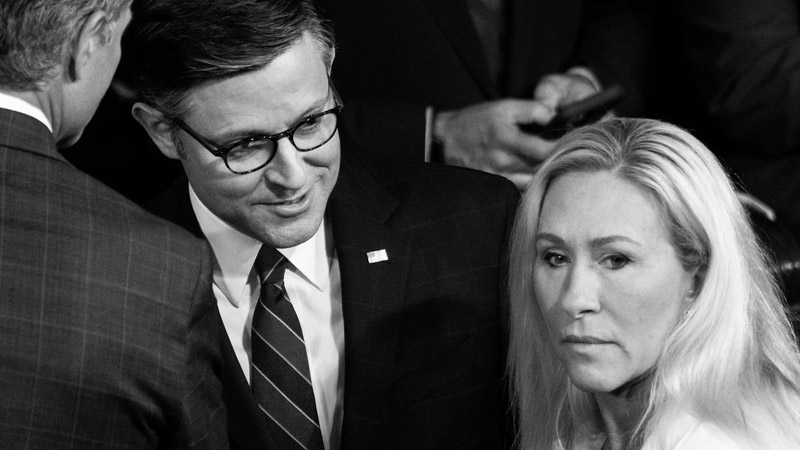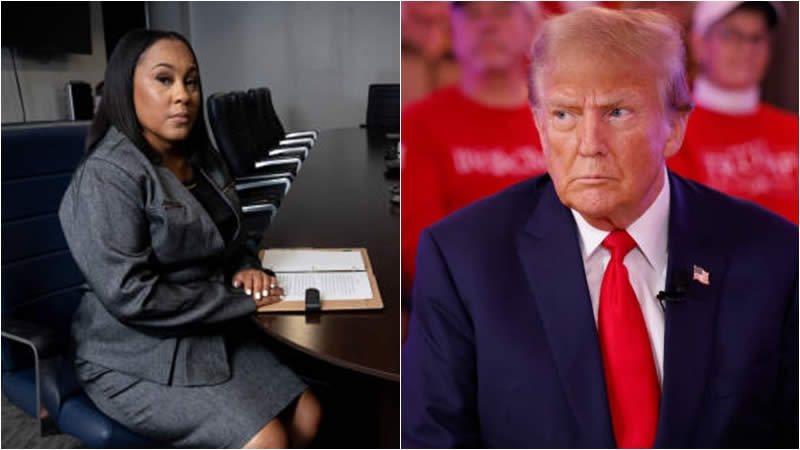Bipartisan White House Ethics Bill ‘Fell Apart’ After Democratic Lawmakers Withdraw Support

Photograph by Tom Williams / CQ Roll Call / AP
Despite their political differences, pro-Donald Trump House Oversight Committee Chairman James Comer (R-KY) and liberal Rep. Katie Porter (D-CA) joined forces in May for a bipartisan White House ethics bill. However, the bill “fell apart” when three Democratic lawmakers withdrew their support, according to The Hill’s Rebecca Beitsch.
Porter believes that Reps. Ro Khanna of California, Raja Krishnamoorthi of Illinois, and Kweisi Mfume of Maryland turned against the bill due to pressure from the Biden White House. “I was excited to come to Washington to introduce my bill, and was proud that I had found three senior Democratic co-sponsors,” Porter told The Hill. “When I landed, I was really disappointed to learn that those co-sponsors had decided not to support the bill and had had conversations with the White House.”
Khanna, however, argues that the bill wasn’t genuinely bipartisan and insists the Biden White House didn’t influence his decision to withdraw support. “I don’t think it was bipartisan enough, but I made the decision independently. No one called me,” the California Democrat told The Hill.
Similarly, Mfume, a former NAACP president, explained his decision to step back. “I wanted to see a larger bipartisan effort. I was under the belief that there would be, and when there wasn’t, I just said, ‘Let me step off.
Beitsch notes that the Comer/Porter bill would “impose a series of disclosure requirements on both presidents and vice presidents, including on any foreign income earned either by themselves or their relatives.”
The bill’s collapse highlights the difficulties in achieving bipartisan cooperation on ethics reform in a polarized political climate. Despite the initial support from senior Democrats, the lack of a broader bipartisan consensus ultimately led to the bill’s downfall. Porter’s disappointment underscores the challenges lawmakers face in navigating party politics to address issues of transparency and accountability in the White House.
This episode also reflects broader tensions within the Democratic Party and between the legislative and executive branches. While some lawmakers seek to push forward with ethics reforms, the need for a genuinely bipartisan approach remains critical. As Khanna and Mfume’s statements suggest, achieving such consensus is crucial for the success of future legislative efforts.


